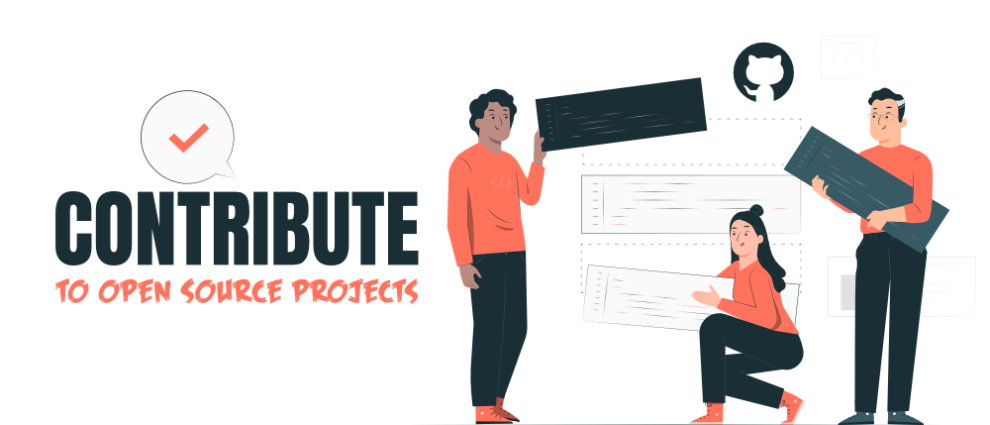The vast landscape of GitHub holds an incredible collection of code, fueling innovation and collaboration across the globe. But beyond simply using projects, there’s a hidden gem: the opportunity to contribute, becoming a part of this vibrant community and leaving your mark on the digital world.
Sound exciting? Whether you’re a seasoned developer or a curious newcomer, this guide will equip you with the knowledge and tools to confidently step into the world of open source contribution.
Why Contribute? More Than Just Code:
Contributing to open source goes beyond technical prowess. It’s about:
- Learning and Growth: Immerse yourself in diverse projects, hone your skills, and gain valuable real-world experience.
- Networking and Community: Connect with developers worldwide, participate in discussions, and build your network.
- Giving Back: Be a part of something bigger, contribute to projects you care about, and make a positive impact.
- Career Opportunities: Showcase your skills and dedication, potentially attracting future employers who value open source involvement.
Finding Your Perfect Project:
With millions of repositories, choosing the right one can be daunting. Here’s how:
- Start with your interests: Explore projects related to your skills or passions, making the contribution journey more engaging.
- Begin small: Look for “good first issue” labels, indicating beginner-friendly tasks. Platforms like Up for Grabs and First Contributions can help.
- Read the contributing guidelines: Every project has its own expectations and workflow. Respecting them ensures a smooth contribution process.
- Community matters: Check the project’s activity level, communication channels, and overall culture to find a welcoming environment.

The GitHub Workflow: From Fork to Merge:
Ready to dive in? Let’s break down the essential steps:
- Fork the repository: This creates your own copy where you can experiment without affecting the original code.
- Clone the fork: Download the project to your local machine for editing.
- Create a branch: This isolates your changes from your main fork, allowing for easy version control.
- Make your changes: Fix bugs, write new features, or contribute in ways the project guidelines outline.
- Commit your changes: Group your edits with meaningful messages explaining what you’ve done.
- Push your changes to your fork: Upload your work back to your online repository.
- Open a pull request: This proposes your changes for review and potential merging into the main project.
- Respond to feedback: Be open to suggestions and iterate on your contribution based on reviewer comments.
- Celebrate your merge! Once your contribution is accepted, it becomes part of the project’s history, forever linked to your name.
Beyond Coding: Diverse Contribution Paths:
While coding often takes center stage, open source thrives on various contributions:
- Documentation: Improve existing guides or write new ones, making projects more accessible.
- Testing: Help identify and fix bugs, ensuring the project’s quality and stability.
- Translation: Make projects multilingual, expanding their reach and impact.
- Event participation: Attend online or offline meetups, share your knowledge, and contribute to the community spirit.
Remember:
- Start small and gradually increase your involvement.
- Don’t be afraid to ask questions and seek help.
- Be respectful and collaborative, fostering a positive community experience.
- Celebrate your contributions, big or small!
Contributing to open source is a rewarding journey. By taking these steps and embracing the spirit of collaboration, you’ll not only enhance your skills and network, but also become a valuable part of the incredible ecosystem that drives innovation forward. So, what are you waiting for? Start your open source adventure today!
















Add Comment